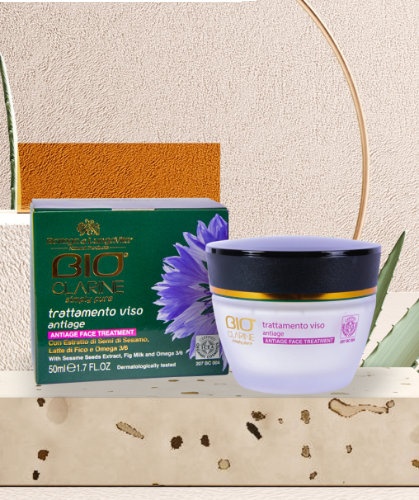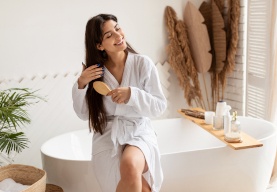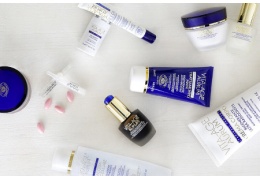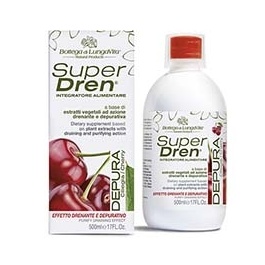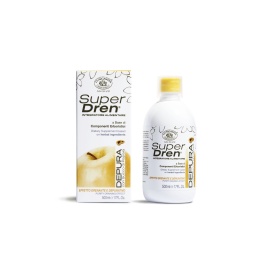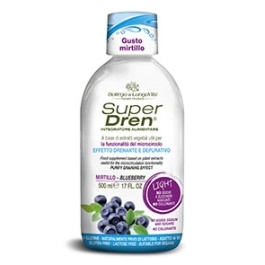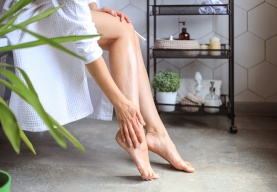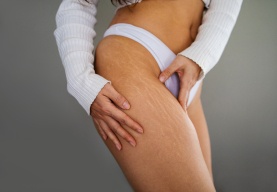HOW TO DETOX AFTER THE HOLIDAYS

Christmas holidays often bring with them moments of joy, abundant dinners and culinary indulgences which, if on the one hand, provide satisfaction, on the other, can leave us with the feeling of being weighed down and bloated. But don't worry! Starting a detox journey after the holidays is possible, and with the right guidance, you will regain balance and find your best shape. In this article, we will explore what "detox" actually means and provide valuable advice on how to detox after the holidays. Continue reading, therefore, to understand what to eat on a detox day.
What is detox?
The term "detox" is the contraction of "detoxification", or purification. Detox diets, particularly popular nowadays, aim to eliminate toxins accumulated in the body, often due to food binges, bad habits and stress. This process should help the body rid itself of unwanted substances, promoting overall well-being.
However, it is important to note that the concept of "detox" in the context of diets is not scientifically supported. The human body is equipped with organs, such as the liver and kidneys, which can eliminate harmful substances independently. On the contrary, choosing to rely on an overly restrictive do-it-yourself detox diet can also cause risks, such as the lack of essential nutrients and calories necessary to support the body's normal functioning.
For this reason, to detox after the holidays, we advise you to embrace a balanced diet and a healthy lifestyle. These two principles should always characterize our food choices, but we all know that during the holidays it is tough to give up sweets and processed foods. Immediately afterwards it may therefore be useful to pay particular attention to what you put on your plate, to help your body get back to full capacity. Let's look at some tips and suggestions together.
Detox tips after holidays
How to detox after the holidays? As we have already said, starting a detox diet after the holidays does not mean depriving yourself of food or adopting extreme methods. On the contrary, it is a gradual return to healthy habits. Here are some useful tips:
- opt for a balanced diet, rich in seasonal fruit, vegetables and legumes, rich in fibres, vitamins and mineral salts. Variety is also key: whole-grain carbohydrates, lean proteins and healthy fats should be an integral part of your diet;
- drink at least 2 litres of water a day. Hydration is crucial to help your body eliminate toxins and promote diuresis;
- if you can't drink 2 litres of water a day, try sugar-free purifying herbal teas or draining drinks without added sugar, which can be a perfect complement to your detox plan. Discover our SuperDren line: Superdren Pineapple promotes the body's natural purifying functions, Depura Blueberry Light stimulates the drainage of body fluids, and Depura Papaya helps to regulate digestion
- forget the word "fasting": skipping meals can lead to increased hunger and slow down your metabolism. Instead, maintain a regular eating plan;
- make sure you eat your meals slowly, chewing well. This promotes greater satiety and the correct absorption of nutrients;
- consult a nutritionist and avoid improvising do-it-yourself diets. A competent nutritionist can create a plan suited to your needs, ensuring a safe and effective detox;
- limit the consumption of carbonated drinks, alcohol, cold cuts, processed foods and sweets;
- don't forget to walk for at least 30-40 minutes a day, go to the gym or practice exercises at home: alongside a correct diet, physical activity is fundamental
How to detox after the holidays: what shall you eat?
We have seen some general advice, but how to do it in practice? Without prejudice to the fact that we always recommend that you turn to a qualified nutritionist or dietician for a complete diet built based on your specific needs, here are some suggestions on how to detox after the holidays: let's see what you could eat.
You can start your day with a breakfast of hot porridge with oatmeal, almond milk, diced apples, cinnamon and a handful of walnuts or almonds. For lunch, we recommend a lentil soup with vegetables such as carrots, celery and spinach. Accompany it with a slice of whole meal bread and a red cabbage salad or baked broccoli. For dinner, to continue to fill up on vegetables, you could prepare a whole meal risotto with mixed mushrooms, onion and parsley.
Don't forget to have morning or mid-afternoon snacks too: fresh fruit, nut butter and yoghurts are the best choices. Then end the day with a relaxing hot herbal tea, perfect for helping you fall asleep.


